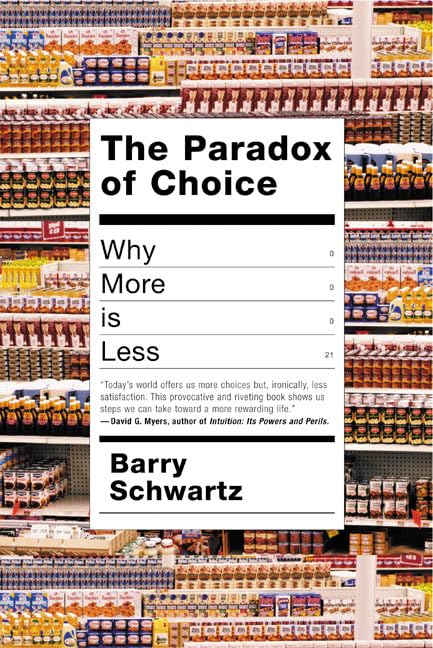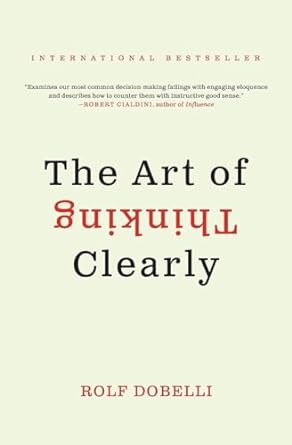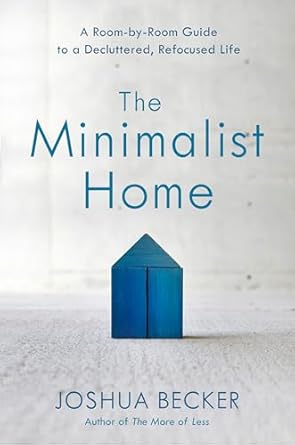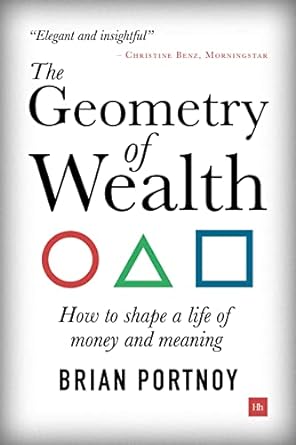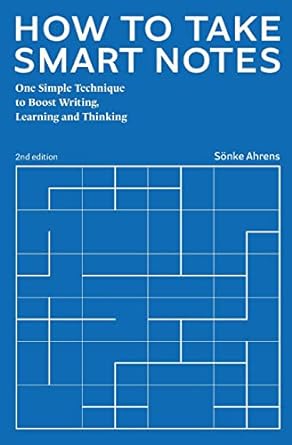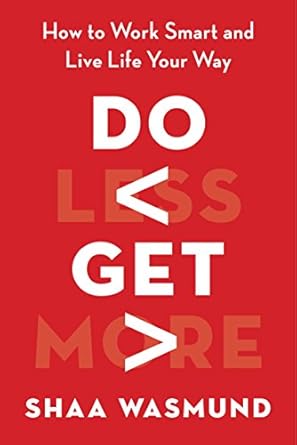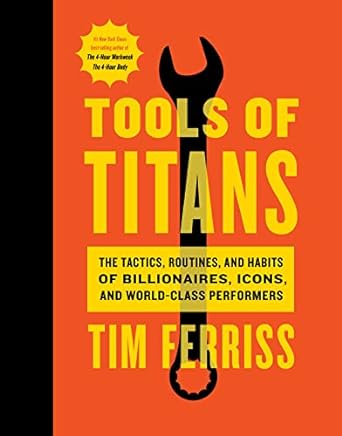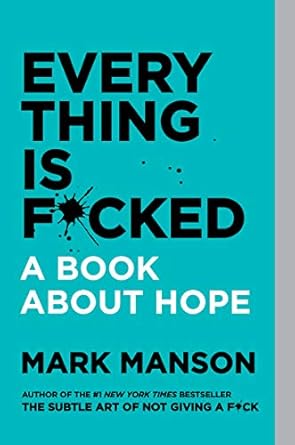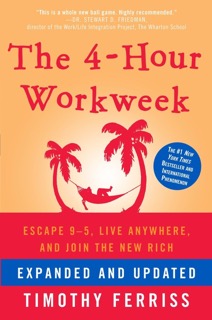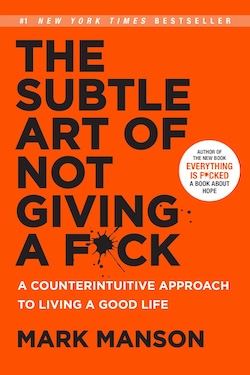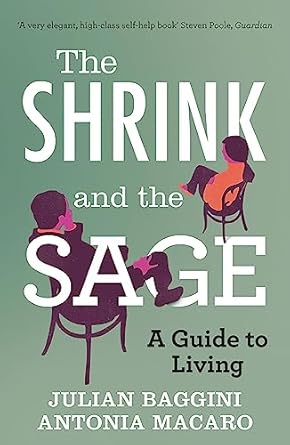Paradox of Choice
We often believe that having more choices is better. However, beyond a certain point, having too many choices actually makes decision-making more difficult and leads to regret over the choices we make.
Key Insights & Principles
Decision Making & Happiness
Insights:- More choice makes it harder to make decisions.
- More choice makes us less satisfied with the choices we make.
- Constraints can help us focus more energy on what is important.
- Systemise choice.
- Go for good enough.
- Practice gratitude.
- Make decisions non-reversible.
- Lower expectations.
- Implement and embrace constraints.

